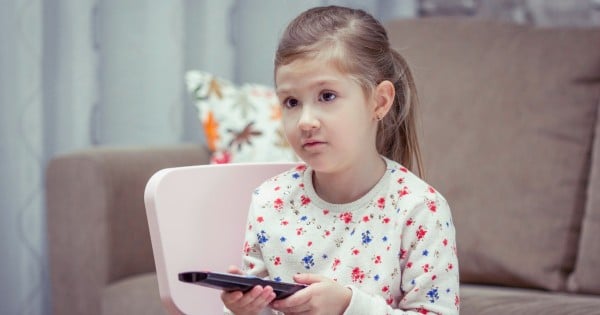
Sophie Shugg, 31, has been working with displaced families for the past eight years – covering emergencies in Pakistan, Nepal, Burma and Thailand.
The children she’s helped have had their lives “turned upside down”, many have been forced to leave their homes and somehow managed to survive and thrive in contexts where there’s so much uncertainty for their future.
Sophie tells a story of one five-year-old boy who was fleeing extreme violence in Pakistan, his family had to abandon their farm, and during the upheaval his parents were able to talk to their son about his concerns.
“Their child’s biggest worry was how he was going to fulfil his duties back on the farm and whether he will get in trouble because he’s wasn’t able to feed the animals and do those regular things that he did,” said Ms Shugg.
His parents were surprised that their son was stressed about his chores when people around them were dying.
“[The boy’s mother] said she was amazed and that it was really important to let him lead the conversation rather than her make assumptions about what he was worried about.”
Sophie Shugg in the field. Image supplied.
The senior child right’s and protection adviser is now using this experience to help Australian children come to terms with troubling world events.
"They feel like it’s around the corner and really close and it is a genuine concern for them," said Ms Shugg.
"I don’t think there is that separation and they don't always understand that if it’s happening on the other side of the world, it’s not going to impact [them]. Children will probably be quite genuinely worried if they’re seeing something on the TV and it looks like what their home looks like, like what we’ve seen with these recent attacks in Paris, then they have a legitimate concern."
